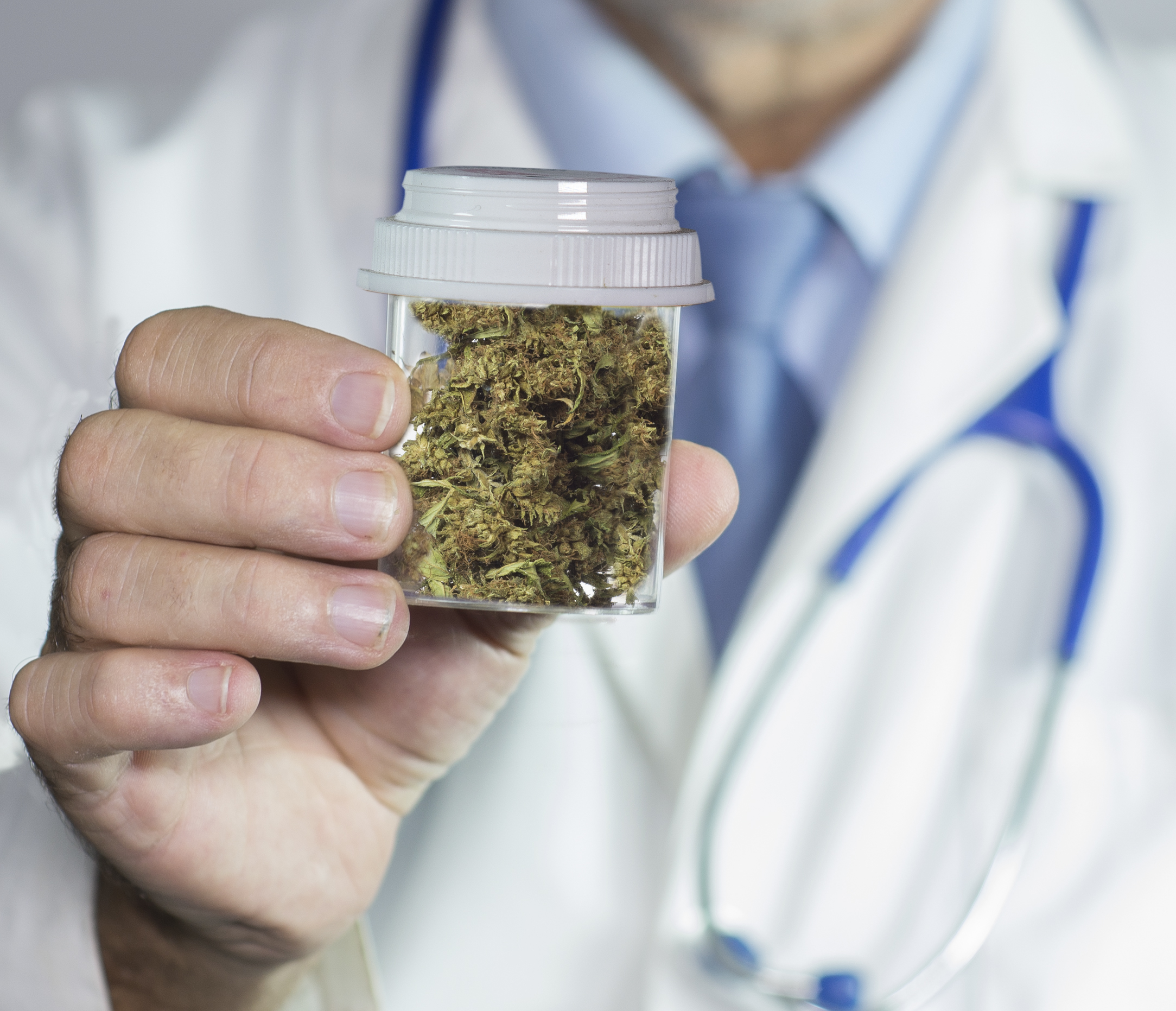Advances In Multiple Sclerosis Treatment
Alternative Treatments for MS

Some patients report success in using oral doses of cannabis to manage pain and to reduce spasms. Risky therapies such as magnetic therapy, the use of bee venom or Ginkgo biloba are not recommended or sanctioned.
Often, medications are required to manage MS. However, some of the medications can cause other complications or symptoms. For example, Corticosteroids are often used to reduce inflammation of the nerves but have unfortunate side effects including fluid retention, higher blood pressure, and even insomnia. Another drug, Teriflunomide, which can reduce the relapse rate of MS, can also cause hair loss and more severe side effects, especially for pregnant women. Dimethyl fumarate can reduce relapses. However, it too has unpleasant side effects including nausea, diarrhea, and lower white blood cell counts.
There is no magic pill that can fix MS, no magician that can wave a wand and make it disappear forever. Researchers continue to look for the genetic markers which can show what makes someone more susceptible to MS. Someday they may find those factors, and it may be that someday MS will become a disease of the past.